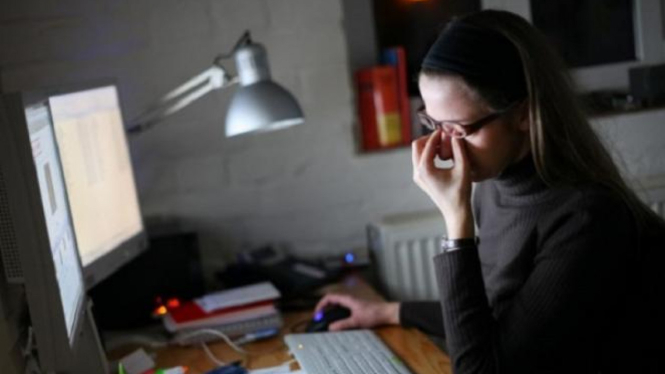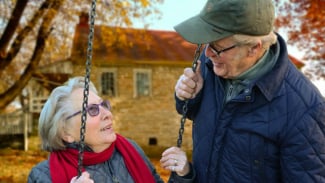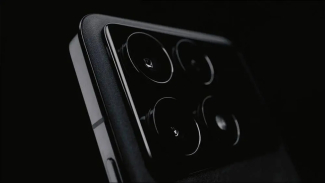- U-Report
VIVA – Staying up late one night could make the human brain gets older, as if it had suddenly aged one to two years overnight, based on a new study suggests. However, these changes seem to disappear after a good rest.
In the study, researchers used machine learning to generate "brain age" estimates from magnetic resonance imaging (MRI) scans of sleep-deprived people's brains, which they compared to MRIs of those same people’s brains after a full night's sleep.
The results, published on Feb. 20 in the Journal of Neuroscience, suggest that one night of complete sleep deprivation produces changes in the brain similar to those seen after one or two years of aging.
“Brain age is a very interesting measure in terms of looking at how that changes from the sleep loss,” an associate professor of psychiatry and biobehavioral sciences at the University of California, Los Angeles, Judith Carroll remarked.
Ilustrasi menguap/insomnia.
- Freepik/yanalya
The researchers pulled from five existing data sets, which included data from 134 participants in four groups: total sleep deprivation (no sleep for one night), partial sleep deprivation (three hours in bed for one night), chronic sleep deprivation (five hours in bed each night for five nights) and a control group (eight hours in bed each night), as reported form, Live Science site.
Each group had at least one night of baseline sleep, where they spent eight hours in bed, before sleep deprivation; most groups also had a full night of recovery sleep afterward.
Everyone had an MRI taken after each night, allowing researchers to compare how their brains looked before and after sleep deprivation, and after a full night's rest.
The researchers determined the apparent ages of the participants' brains using a machine-learning algorithm called brainageR, which was trained on data from more than 3,000 people.
The publicly available algorithm predicts a person's chronological age from their brain MRIs based on how healthy brains typically look at given ages, in terms of their tissue and fluid volume. In past tests, researchers found that brainageR could accurately predict age within about four years.
In their new study, the researchers found that for the group got no sleep for one night, brainageR estimated that they were one to two years older, on average, than they were predicted to be at baseline. These differences vanished after a night of recovery sleep.

























